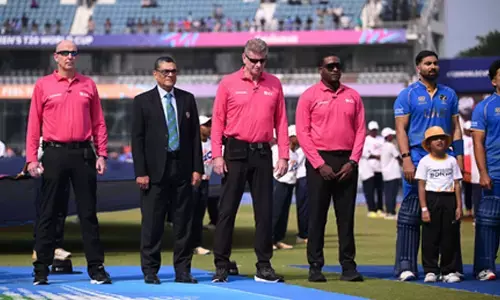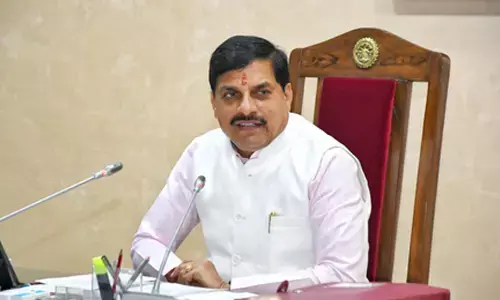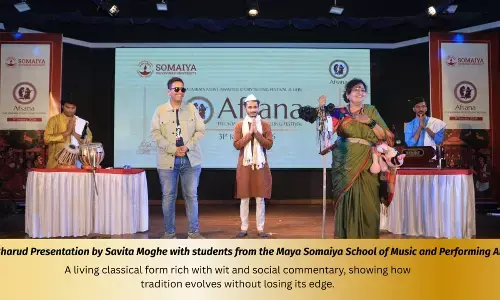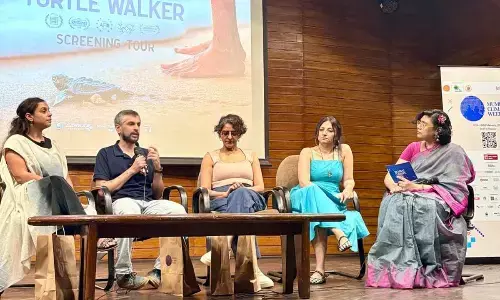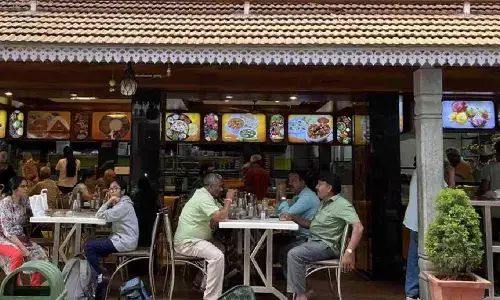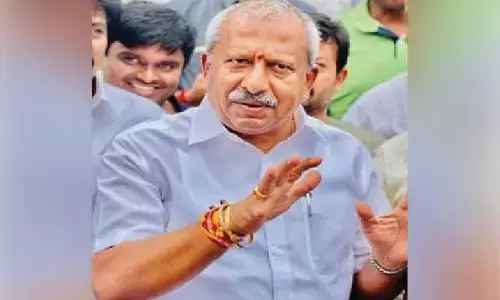GST Bill gives concurrent taxation powers to both the centre and states
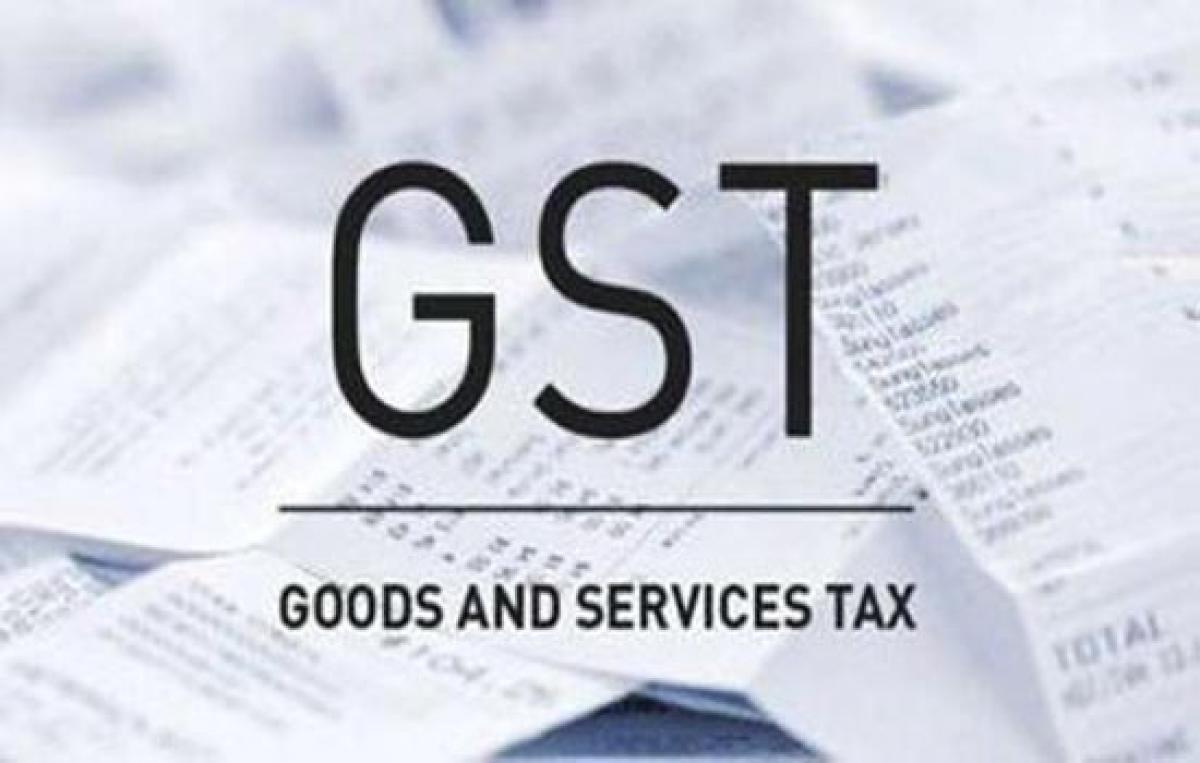
Rajya Sabha passed the Constitutional (122nd Amendment) Bill that will enable the Goods and Services Tax (GST). The Bill gives concurrent taxation powers to both the centre and states. This implies that the centre will levy a central GST (CGST), while states will levy a state GST (SGST). For goods and services that pass through several states, or imports, the centre will levy another tax, the Int
Rajya Sabha passed the Constitutional (122nd Amendment) Bill that will enable the Goods and Services Tax (GST). The Bill gives concurrent taxation powers to both the centre and states. This implies that the centre will levy a central GST (CGST), while states will levy a state GST (SGST). For goods and services that pass through several states, or imports, the centre will levy another tax, the Integrated GST (IGST).
This Bill has previously been passed by Lok Sabha. However, the government recently proposed amendments to the Bill which are related to: (i) an additional tax up to 1%; (ii) compensation to states; and (iii) dispute resolution by the GST Council (details below).The Bill will now have to go back to Lok Sabha for it to accept these new amendments.
·Additional tax up to 1% on interstate trade: The amendments delete the provision.
·Compensation to states: The amendments state that Parliament shall, by law, provide for compensation to states for any loss of revenues, for a period which may extend to five years. This would be based on the recommendations of the GST Council. This implies that (i) Parliament must provide compensation; and (ii) compensation cannot be provided for more than five years, but allows Parliament to decide a shorter time period. The 2014 Bill used the term ‘may’ instead of ‘shall’.
·Dispute resolution: The GST Council shall establish a mechanism to adjudicate any dispute arising out of its recommendations. Disputes can be between: (a) the centre vs. one or more states; (b) the centre and states vs. one or more states; (c) state vs. state. This implies that there will be a standing mechanism to resolve disputes.
During the debate members raised their concerns about the various challenges that may arise during transition to the GST model. Members raised questions regarding the working of the GST Network, registration to it, the mechanism of sharing revenue with states after collection etc. The mechanism of the GST council and its role in dispute resolution were also points raised by members during their speeches. Members from across political parties further urged the government to assure the House that the bill to levy CGST and IGST will not be introduced as money bills.
Discussion on Sustainable Development Goals was taken up in Lok Sabha. Members raised a range of issues like affordable housing, greater investment in public health and education among other things.


